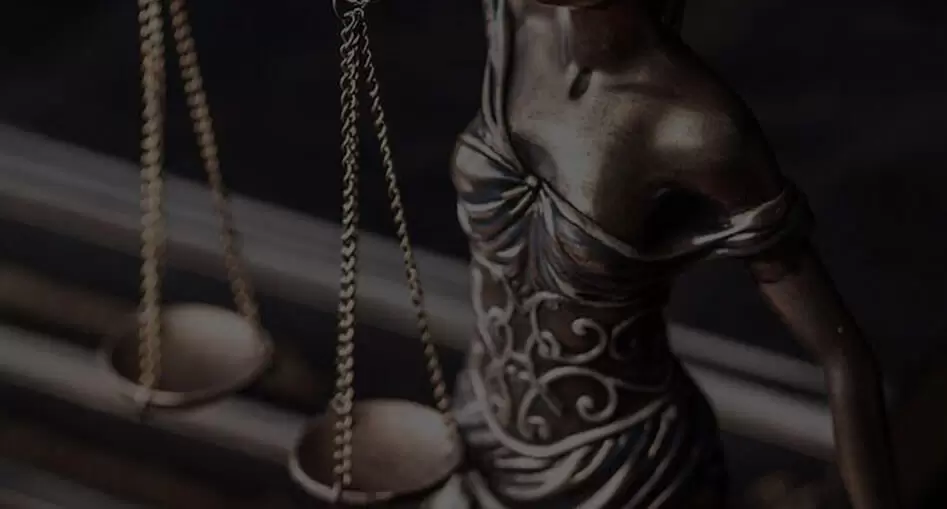
When you are going through a divorce, you have a lot of things to consider as part of the process. One of the things you have to consider is how to divide community property, which includes both assets and liabilities. California is a community property state, and community property includes debts incurred and assets acquired from the date of the marriage until the day of the legal separation. This property is usually divided equally between spouses at the time of a divorce.
When the ink is dry on the divorce settlement, you might think that you are totally done with the bills your ex is required to pay. In most cases, that is true. There is an exception to this. That exception is if your ex passes away prior to paying off the bills. In that case, the creditors can come to you for payment.
The reason why creditors can come after you is because unless the creditors signed a novation or an accord and satisfaction agreement, the split of debts in the divorce settlement doesn’t have anything to do with the creditors. The divorce settlement is only between you and your ex.
If your ex does pass away prior to paying off debts incurred during the marriage and the creditors come to you to pay, you don’t really have many options. You can hope that your ex’s estate isn’t insolvent, pay the bill and file a claim with the estate to get your money back.
While this situation doesn’t happen often, it is something that anyone who gets a divorce should be prepared to deal with if the time comes. Having a good understanding of this law, as well as other uncommon laws, might help you to ensure you remain protected after the divorce is finalized.
Source: KXLY, “Your dead ex-spouse’s debt can be your problem” Jeanne Sahadi, Jun. 25, 2014
Request a Consultation
Fields marked with an * are required


